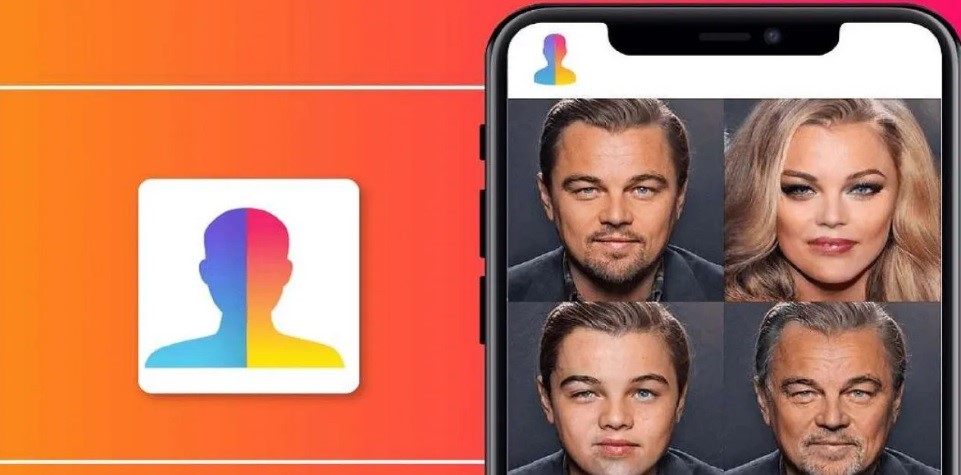FaceApp might be sending pics of 150 million people to Russia
Just a couple of days ago the FaceApp mobile app went viral after millions of users started using the filter which, applying artificial intelligence software and a photograph of the user, generates rendered images adding or reducing the age of users, cybersecurity experts report.
Taking advantage of the popularity achieved by
the app, a developer decided to post a series of tweets assuring that FaceApp
could be collecting without permission all the photos stored on the user’s
smartphone to send them to servers operated by the company, raising alarm among
users concerned about the security of their data.
However, various members of the cybersecurity
community say that, so far, no one has evidence that FaceApp collects users’
photos to send them to servers operated by Russian, Chinese or anywhere else
hackers.
Joshua Nozzi, the user in charge of ‘turning on
the alarms’ stated hours later that his intention was to generate awareness
among FaceApp users because, actually, the application asks the user for access
to their entire image gallery. The “inaccurate” statement is the one
the developer made about FaceApp might be uploading the images to servers in
foreign countries.
“Apparently this is just a storm in a cup
of tea,” said the cybersecurity expert researcher known under the alias ‘Elliot
Alderson’. The expert downloaded the app and verified that FaceApp developers
only take a copy of the photos that users want to transform with the app’s
filters to create backups on the company’s servers.
The FaceApp developing company is actually in
the Russian city of St. Petersburg, however, the expert demonstrated that the
FaceApp server is located in the United States, not Russia, China, etc. To be
more precise, FaceApp.io servers are stored in Amazon
U.S. datacenters. In conclusion, the expert added that while the app uses code
developed by third parties, these developers’ servers are also in the U.S. and,
to a lesser extent, Australia.
Although this could be considered a false
alarm, experts from the International Institute of Cyber Security (IICS)
believe that users should be genuinely concerned about the permissions they
grant to mobile apps they use daily. To check if any of the apps you use
require too invasive permissions, go to the ‘Settings’ menu on your smartphone;
in case an app has too many permissions, you can cancel them or delete the app
from your system.
(Visited 4 1 times)








Gloss